The Otaku Phenomenon: A Dive into the Heart of Pop Culture Passion and Creativity
What is it?
The Otaku culture, sometimes referred to as a subculture of Japanese fans, is a phenomenon that has gained significance not only in Japan, but worldwide. This fascinating culture is more than just a passion for anime, manga, or video games - it's a lifestyle and a reflection of social, technological, and cultural changes.
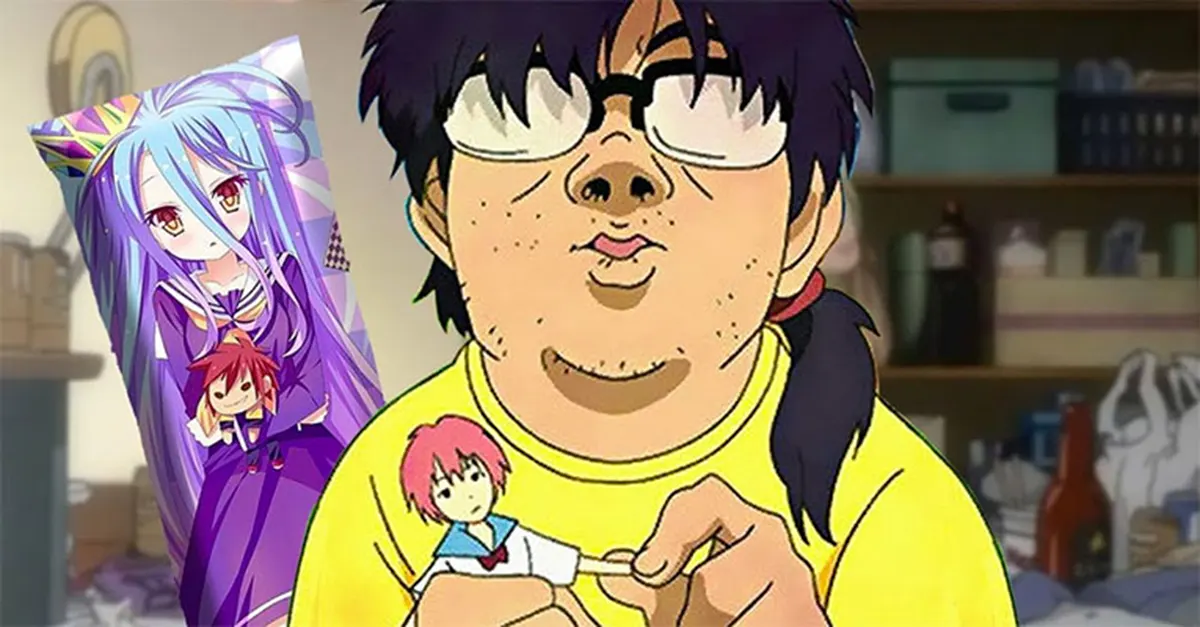
Over the years, otaku has become not so much a label as a hallmark for those who reject mainstream and choose unique paths to self-realization. It is believed that the term was first used in 1983 in a column by Akio Nakamori in the "Manga Burikko" magazine. Nakamori used the word "otaku" to describe a subculture that was fascinated by pop culture but seemed incapable of establishing traditional social relationships.
A similar 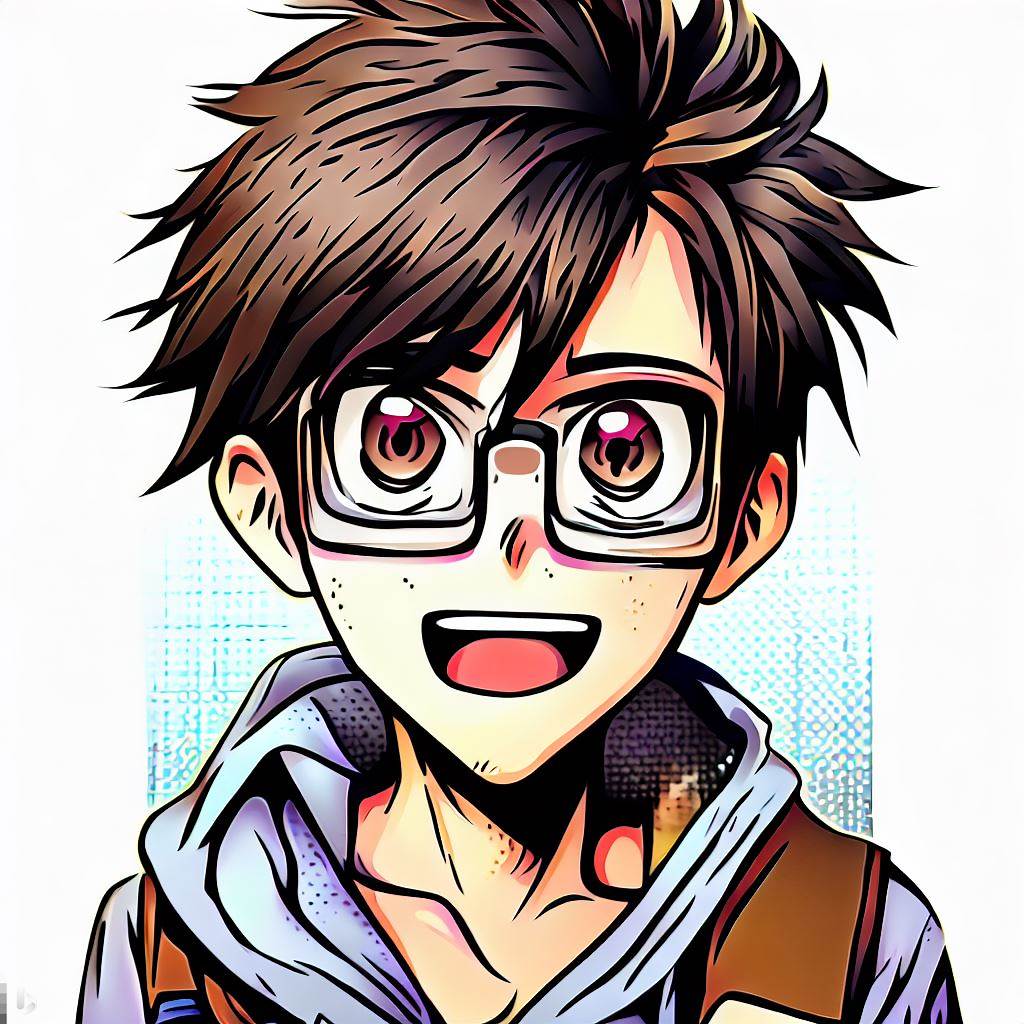
An interesting aspect of fandom in America is the large number of female enthusiasts of manga, anime, and video games. In the 1990s, men seemed to predominate among American otaku, but today's fan conventions suggest a more gender balance. Similarly in Japan, where otaku are generally perceived as young men, though ardent female fans have long been present in the subculture. Women are credited wit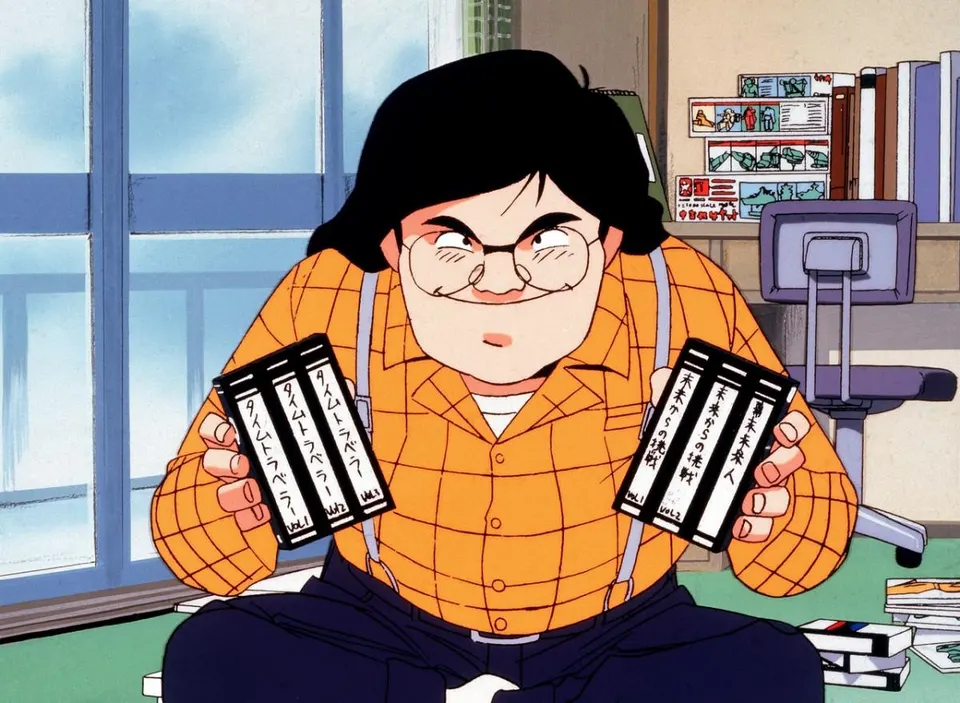
Considering the global context, otaku culture is fluid, and its frameworks and characteristics are becoming increasingly broad and diverse. This diversity is not only visible in the various forms of otaku around the world, but also in the variety of genres and media that attract their attention. From manga and anime, through video games, to new forms of digital media, otaku are always pioneers in the search for new ways of expressing their passion.
Imagination as the Engine of Culture: Otaku Creations
The Otaku culture is not only about consumption, but also creativity. Some enthusiasts seem to take control of the stories they love, creating their own stories, art, games, and even reality simulations. They can transfer characters from one universe to another, intertwining different plots and creating narratives that go beyond what the original creators have created.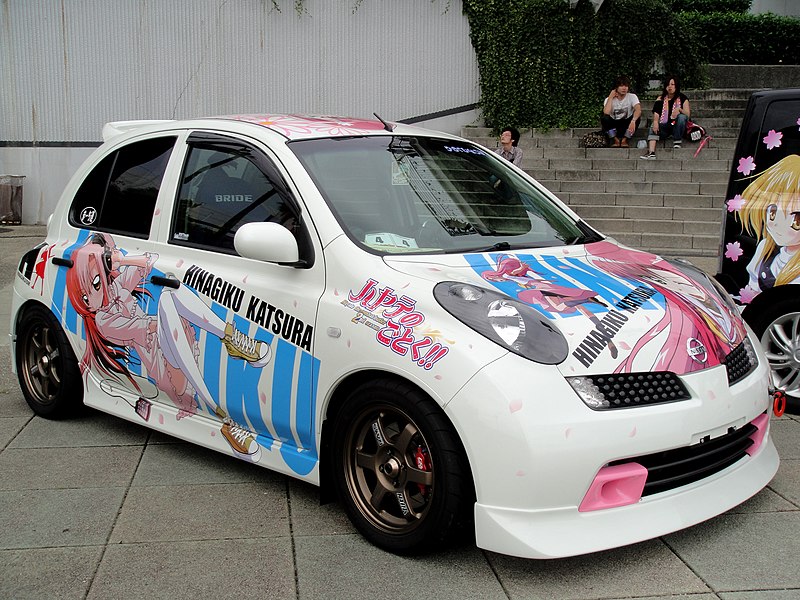
Doujinshi is a term used to describe independently published works, often created by fans for fans. This activity includes not only comics but also games, music, movies, and various types of gadgets. A real Eldorado for doujinshi fans is Comiket, the world's largest comic fan convention, which takes place twice a year in Tokyo. It's a place where otaku from around the world meet to share their creations and exchange ideas.
However, the imagination of Otaku is not limited to fictional reality. Many people in the otaku subculture engage in creativity that reflects their daily life, aspirations, or fears. For example, in the 90s, when Japan was in deep economic crisis, many doujinshi manga focused on social issues such as unemployment, poverty, or alienation.

What is fascinating about otaku culture is not only how otaku consume media, but also how these media are processed and reproduced by them in new forms. Phenomena such as doujinshi and cosplay are evidence of otaku's ability to think and act creatively. For many of them, pop culture is not just a passion, but also a source of inspiration for creative actions that can evolve into something unique and original over time.
A thorough understanding of the otaku phenomenon therefore requires looking at both their consumption and cultural production. These are two sides of the same coin - enthusiasm for pop culture involves not only a desire to delve into it, but also a desire to transform it into something of their own. And it is this desire for creative participation in pop culture that is one of the most characteristic aspects of otaku culture.
Presence in Social Media and Video Games
The development of digital technologies and social media has a significant impact on shaping and evolving otaku culture. The digital space enables otaku from all over the world to access Japanese anime, manga, and video games, but also provides platforms for expressing their identity and interacting with other otaku. An example of this is the social platform Amino, where anime and manga enthusiasts can create their own profiles, share their work, reviews and recommendations, and engage in conversations and discussions on various topics.
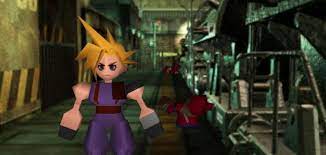
Cosplay
Cosplay, the practice of dressing up and 
An example could be Yaya Han, an American cosplayer, who gained international fame thanks to her accurate and intricate costumes. Han has become an icon of contemporary cosplay culture and contributed to popularizing this phenomenon around the world.
Otaku and Economy
One cannot also ignore the impact that otaku culture has on the economy. In Japan, the industry related to anime, manga, and video games generates billions of dollars annually. Part of this sum comes from international fans who buy these products, whether directly in Japan or through imports. Many companies and brands actively reach the otaku community, creating products specifically targeted at them, such as collector's figures, clothing, posters, and many more.
Otaku in Society
The otaku subculture, though originated in Japan, has become a global phenomenon. The statistical analysis of this phenomenon, viewed in a social context, allows the discovery of fascinating dynamics that lie behind this unique cultural event.
Basic statistical data show that the otaku subculture is definitely a youthful phenomenon. According to research conducted by the Japanese Otaku Research Institute, nearly 60% of otaku are people under 25 years old. However, there is also no shortage of older enthusiasts of this phenomenon - every fifth otaku is a person over 30 years old.
An interesting aspect of statistical analysis is also gender. With the stereotypical perception of otaku, we may mistakenly believe that men dominate this phenomenon. However, statistics show that women make up a significant part of the otaku community. The "shoujo" genre of anime, targeted at young girls, is particularly popular among women.
Looking at otaku through a social prism, it is easy to notice that this subculture has been stigmatized for a long time. In Japan, the term "otaku" had negative connotations, being associated with social isolation and obsessive interest.
However, as this subculture gained popularity around the world, the perception of otaku in society also began to change. More and more people started to appreciate the passion and commitment of fans, and their unique interests became part of mainstream pop culture.
This phenomenon is particularly visible in the socio-economic context. Otaku are known for being willing to spend large sums of money on their interests, which has contributed to the creation of an entire industry targeting this group. In Japan, there are many stores, cafes, and events dedicated exclusively to otaku, and their impact on the economy is becoming more noticeable.
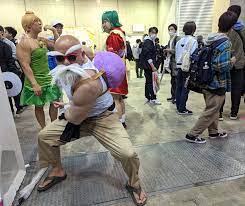
However, despite growing acceptance, otaku still face various social challenges. Many people still struggle with prejudices and misunderstanding from society. For many otaku, both in Japan and around the world, their interests are an important part of their identity, and the adversities they encounter can have serious emotional consequences.
Otaku Around the World
Although otaku culture originates from Japan, it is certainly not limited to it. Modern communication technologies and digital distribution platforms have enabled pop culture lovers from all over the world to access a wealth of Japanese content. From anime, through manga, to video games – legions of international otaku devour these pop culture products with great appetite.
Anime and manga conventions, such as the famous Comic-Con in San Diego or MCM Comic Con in London, are real holidays for otaku. Thousands of people from different countries come to participate in discussion panels, meet creators, acquire new volumes of their favorite manga, and above all - show off their cosplay costumes.
Another important aspect of the globalization of otaku culture is the development of the Internet and social media. They have enabled the creation of international fan communities. Websites such as MyAnimeList, Crunchyroll, or Reddit have become places where otaku from different parts of the world can share their opinions, recommend new titles, and exchange fan creations.
One of the most fascinating aspects of the global otaku phenomenon is that despite cultural differences, otaku around the world share a common understanding and appreciation for Japanese pop culture. This is the power of otaku culture - it has a universal character that transcends language and culture barriers.
However, the otaku phenomenon is not free from criticism. Despite the growing popularity of Japanese pop culture worldwide, stereotypes and prejudices concerning otaku are still present. For some, the word "otaku" still has negative connotations, being associated with obsession and social isolation. Many people do not understand the intensity with which otaku engage in their passions.
Statistics Beyond Japan
The otaku subculture has gained popularity worldwide, and anime and manga enthusiasts are now present in practically every country. In each place, the otaku community is different, shaped by local social and cultural realities.
The spread of the otaku subculture in the United States is particularly noticeable. Research shows that over 20 million Americans identify as otaku. Contrary to Japan, statistics indicate an almost equal division between genders, with a slight predominance of men. The largest age group consists of people aged 18 to 34 years. It is also significant that as many as 45% of otaku work in technology-related industries, which emphasizes the strong links between the otaku subculture and the world of technology.
"Strong Japanese Women"
see book by the author
of the page
未開 ソビエライ
An enthusiast of Asian culture with a deep appreciation for the diverse philosophies of the world. By education, a psychologist and philologist specializing in Korean studies. At heart, a programmer (primarily for Android) and a passionate technology enthusiast, as well as a practitioner of Zen and mono no aware. In moments of tranquility, adheres to a disciplined lifestyle, firmly believing that perseverance, continuous personal growth, and dedication to one's passions are the wisest paths in life. Author of the book "Strong Women of Japan" (>>see more)
Personal motto:
"The most powerful force in the universe is compound interest." - Albert Einstein (probably)
Mike Soray
(aka Michał Sobieraj)
未開 ソビエライ
An enthusiast of Asian culture with a deep appreciation for the diverse philosophies of the world. By education, a psychologist and philologist specializing in Korean studies. At heart, a programmer (primarily for Android) and a passionate technology enthusiast, as well as a practitioner of Zen and mono no aware. In moments of tranquility, adheres to a disciplined lifestyle, firmly believing that perseverance, continuous personal growth, and dedication to one's passions are the wisest paths in life. Author of the book "Strong Women of Japan" (>>see more)
Personal motto:
"The most powerful force in the universe is compound interest." - Albert Einstein (probably)
Mike Soray
(aka Michał Sobieraj)
Write us...
Ciechanów, Polska
dr.imyon@gmail.com
___________________
inari.smart
Would you like to share your thoughts or feedback about our website or app? Leave us a message, and we’ll get back to you quickly. We value your perspective!



